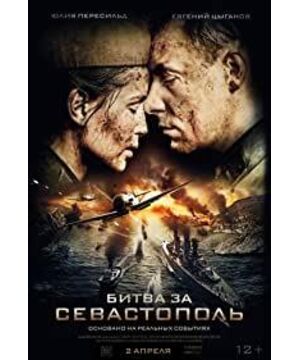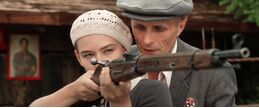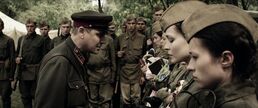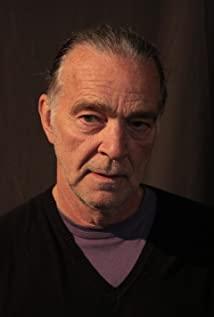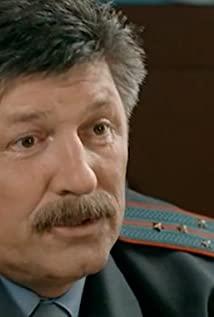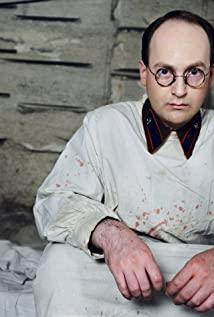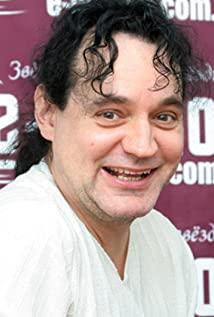This film is adapted from the real experience of the legendary Soviet sniper Pavlyuchenko, but it does not detract from its independent value as a film and television work. The following analysis is based on the protagonists presented in the film.
In the Soviet Union in the 1930s, violence was the way of life. Pavlyuchenko studied at the History Department of the University of Kyiv, has a father who works for the National Security Service, and has a wealthy family.
Growing up in such an environment, Pavlyuchenko has mixed feelings about her country, but subconsciously seeks protection from national pride. When the Great Patriotic War broke out, she resolutely went to the front line. Amidst the artillery fire, lives disappeared, like a silent elegy.
The story is simple. Easily overlooked is a dark line in the film. When Pavlyuchenko received the award for the first time, the commander mentioned her father's relationship with his former comrade-in-arms, and whispered to the captain afterwards: "You have to watch her, if she does something similar to her father. ..."
Here, it is vaguely pointed out that another background of the film takes place, that is, the impact of the Great Purge on the Soviet-German war.
On the chalky snowfields of Siberia, there is such a people: they are very proud, because they know that there is more suffering in this world, they are always overcoming suffering, and they will impose suffering on others, because this is the reality of the world face. Their love is less than words, but brave in action, bold and straightforward, and hearty; their hatred, which dissolves in wine, is longer than war, kills with bullets, and chases souls with voices.
Pain is so persistent, moving patiently like a snail; pleasure is so short-lived, like a rabbit's tail across the autumn grassland. - Epitaph of Lyudmila Pavlyuchenko
View more about Battle for Sevastopol reviews


